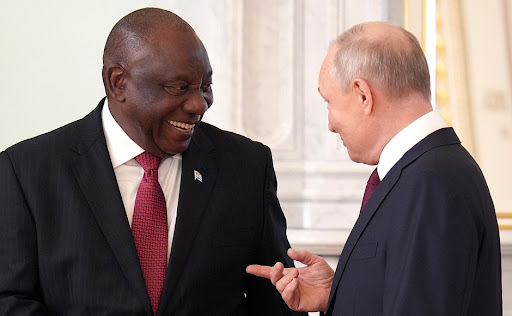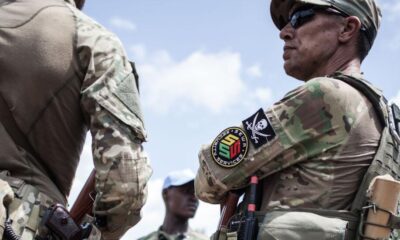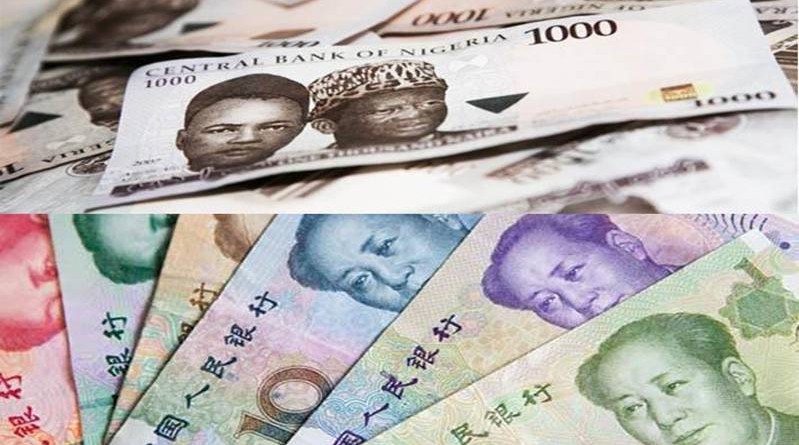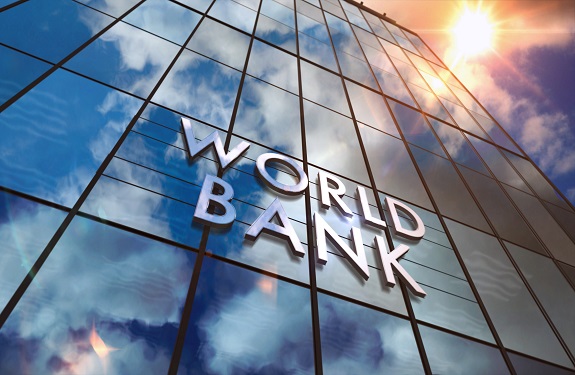Kremlin leader, Vladimir Putin, has congratulated Cyril Ramaphosa of South Africa on his reelection as president.
On the Kremlin website, a statement from Putin’s phone conversation with Ramaphosa was posted: “Hope was expressed for continued joint work on further strengthening of the partnership between Russia and South Africa in all its aspects.”
Parliament reelected Ramaphosa on Friday. However, the creation of a government composed of five parties so far was spurred by his African National Congress party’s inability to secure a majority in last month’s election—the first such loss in thirty years.
Since the invasion in 2022, Russia and Ukraine have been competing with one another for support from African countries, sending their foreign ministers on many regional tours.
Like many other African nations, South Africa has deep ties to Moscow that go back to the Soviet era, when Moscow was a major supporter of the ANC’s campaign to end apartheid and other liberation organizations.
After opposing Russia’s invasion in February 2022, South Africa has since taken a more nuanced stance, abstaining from many votes in the UN General Assembly denouncing Russian actions.
South Africa spent the weekend in the “peace summit” on Ukraine, which was hosted by Switzerland. Even though several controversial issues were left out to get broader support, Saudi Arabia, India, Indonesia, Mexico, and other countries declined to sign the final communiqué.
As the host nation for the BRICS summit in 2023, South Africa was faced with a difficult decision: even though the Russian president had an arrest warrant issued by the International Criminal Court of Justice for allegedly deporting Ukrainian children, the country thought about inviting Putin to the event.
South Africa has maintained relations with Russia and has opened stands against Western powers in global politics in recent times.



































